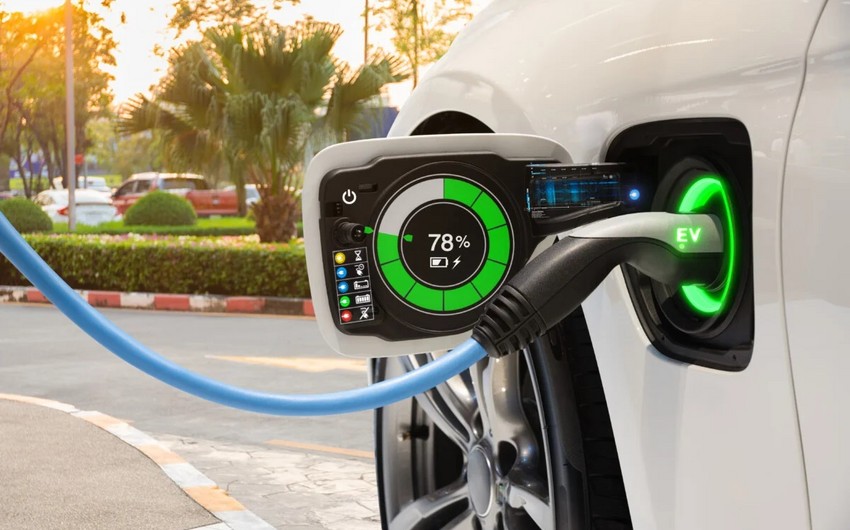A common carbon compound is enabling remarkable performance enhancements when mixed in just the right proportion with copper to make electrical wires. It’s a phenomenon that defies conventional wisdom about how metals conduct electricity, Report informs referring to EurekAlert.
The findings, reported in December 2023 in the journal Materials & Design, could lead to more efficient electricity distribution to homes and businesses, as well as more efficient motors to power electric vehicles and industrial equipment.
The team has applied for a patent for the work, which was supported by the US Department of Energy (DOE) Advanced Materials and Manufacturing Technologies Office.
Materials scientist Keerti Kappagantula and her colleagues at DOE’s Pacific Northwest National Laboratory discovered that graphene, single layers of the same graphite found in pencils, can enhance an important property of metals called the temperature coefficient of resistance. This property explains why metal wires get hot when electric current runs through them. Researchers want to reduce this resistance while enhancing a metal’s ability to conduct electricity. For several years they have been asking whether metal conductivity be increased, especially at high temperatures, by adding other materials to it. And if yes, can these composites be viable at commercial scale?
Now, they’ve demonstrated they can do just that, using a PNNL-patented advanced manufacturing platform called ShAPE. When the research team added 18 parts per million of graphene to electrical-grade copper, the temperature coefficient of resistance decreased by 11 percent without decreasing electrical conductivity at room temperature. This is relevant for the manufacturing of electric vehicle motors, where an 11 percent increase in electrical conductivity of copper wire winding translates into 1 percent gain in motor efficiency.
“This discovery runs counter to what’s generally known about the behavior of metals as conductors,” said Kappagantula. “Typically, introducing additives into a metal increases its temperature coefficient of resistance, meaning they heat up faster at the same current levels compared to pure metals. We are describing a new and exciting property of this metal composite where we observe enhanced conductivity in a manufactured copper wire.”


















